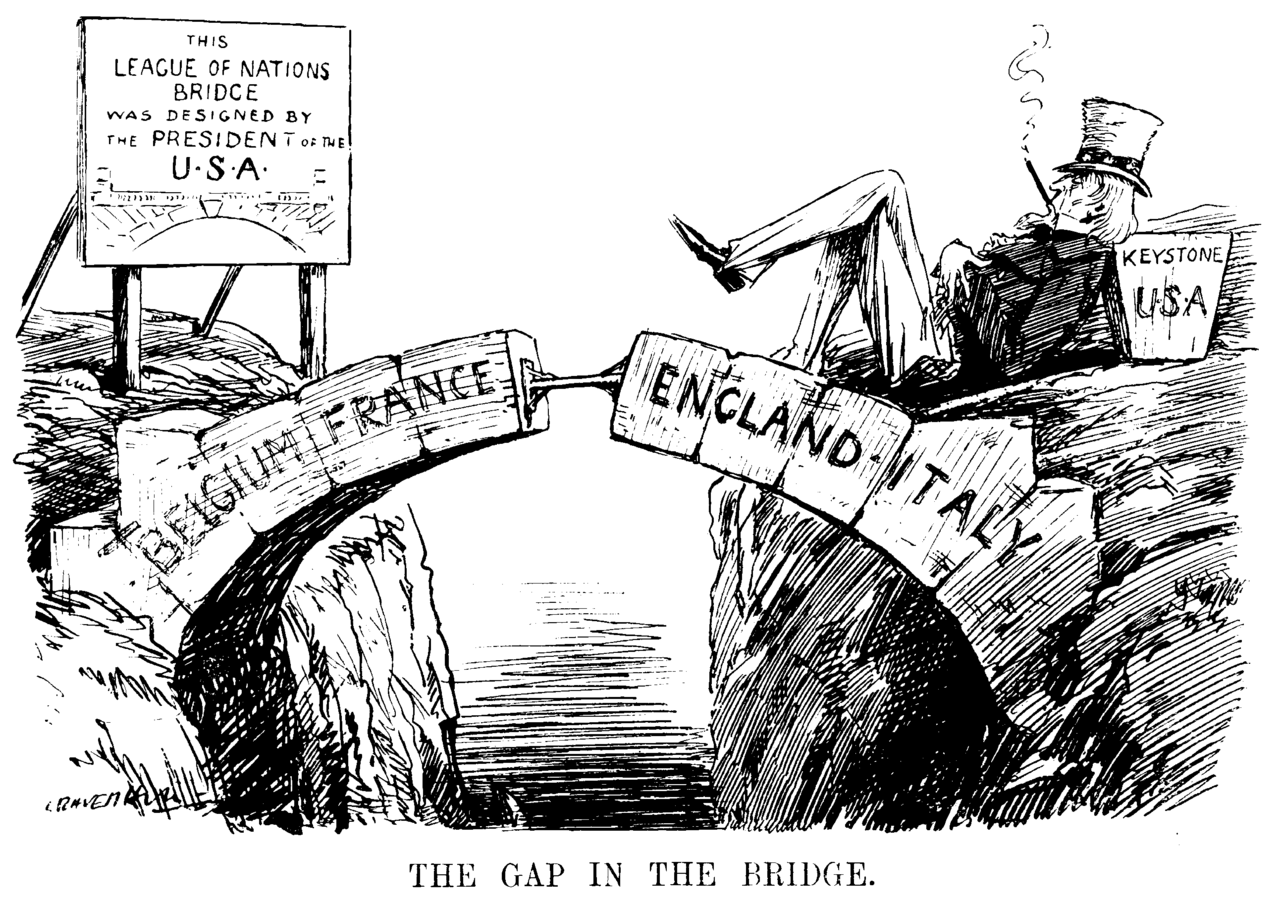During the first part of the twenty years’ truce, international leadership of the democratic world rested with Britain and France.
Though supported in principle and at times in practice by the United States, they were increasingly unable to stem the rise of powers hostile to their preferred form of government—Italy, Germany, the Soviet Union, Japan. In the end, Germany once more waged aggressive warfare against the major Allies of 1918, though this time it was allied with two former enemies, Italy and Japan, each disappointed with its share of the spoils of 1918.
Nazi Germany maintained that the second war was the direct result of what its leaders called the “dictated peace” of Versailles. Supported by many sympathizers, the Nazis claimed that Germany was humiliated by the “warguilt” clause, stripped of territories and colonies, saddled with an unpayable reparations bill, and denied the normal rights of a sovereign state in armaments.
The settlement of Versailles did saddle the new German republic with a heavy burden—a burden that was dictated in part by revenge and fear. With hindsight, a wiser Allied policy would perhaps have been to start the new government off without too great a burden. But hindsight is not history.

